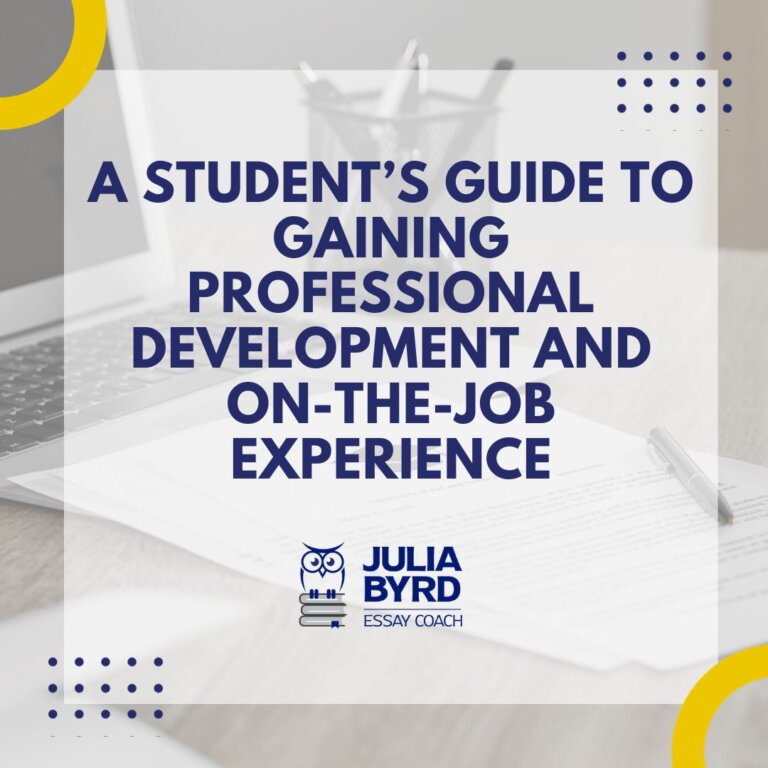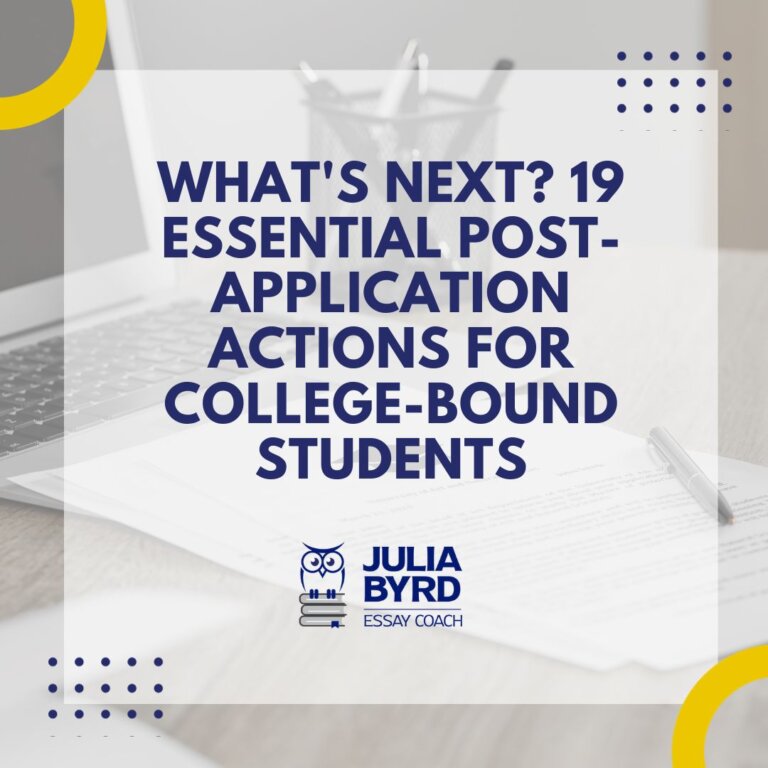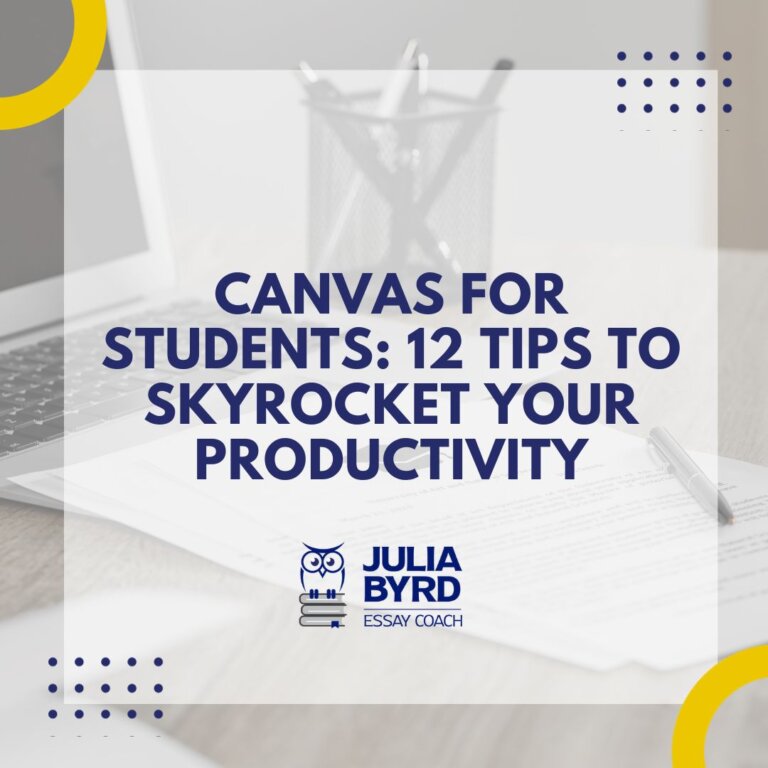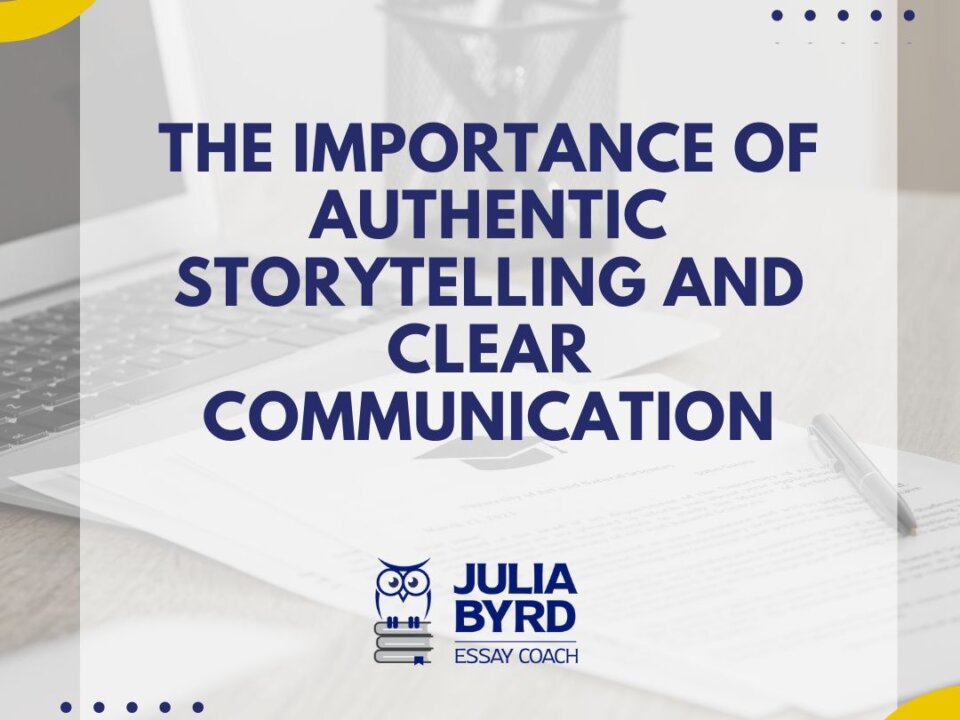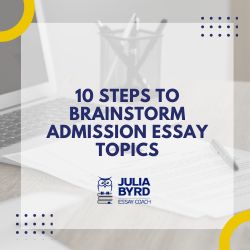COVID-19 as a College Admission Essay Topic: Should You Write About It?

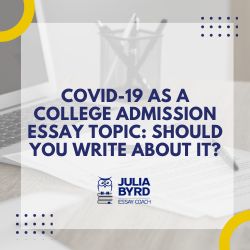
Every facet of everyday life — from studying to shopping to traveling to socializing — has been impacted by COVID-19 during the last few months.
As you start contemplating topics for your personal statement this summer, it seems only natural that COVID-19 pops to the top of the list as a potential topic. After all, what other event in your lifetime has brought the world to a near-standstill and so dramatically altered day-to-day living?
Tempting as it might be for rising seniors to tackle coronavirus in their main college admissions essay, students should give that topic a second thought for three reasons:
- It will already be covered in the Common App (and ApplyTexas).
- Your experience might not be as unique as you think.
- Even a Coronavirus essay isn't really about Coronavirus.
1. It Will Already Be Covered in the Common App
Because COVID-19 has had such an impact on students, both personally and academically, the Common App has added an optional 250-word essay to its 2020-2021 application.
Here’s the question you’ll see:
Community disruptions such as COVID-19 and natural disasters can have deep and long-lasting impacts. If you need it, this space is yours to describe those impacts. Colleges care about the effects on your health and well-being, safety, family circumstances, future plans and education, including access to reliable technology and quiet study spaces.
- Do you wish to share anything on this topic? Yes/No
- Please use this space to describe how these events have impacted you.
This supplemental essay lets you provide colleges with coronavirus-related information in one place, and it allows you to use the rest of the application to share your interests, experience and perspectives beyond COVID-19.
Note: This new question doesn’t replace the 650-word Additional Information section that lets you address circumstances and qualifications not mentioned elsewhere in your application.
2. Your Experience Might Not Be as Unique as You Think
While no one is diminishing the effects that stay-at-home orders have had on your mental, physical and emotional health, the truth is, many of your fellow students have had similar quarantine experiences. You’ve missed graduation (or participated in a nontraditional one). You’ve missed prom. You’ve struggled with remote learning. Your school has changed its grading system. You had to give up your part-time job and seeing your friends.
If an admissions officer is trying to identify a standout student based on their essays, imagine wading through thousands of similar-sounding coronavirus essays. Is yours going to be the one that stands out and earns you an acceptance? It’s a big risk to take.
Instead, you want your essay to reveal something about who you are as a person — the things that have shaped you over the last few years. Mark Sklarow, CEO of the Independent Educational Consultants Association, tells students to focus on the essay ideas they had before the pandemic began, or at least on the events that shaped them before March 2020. What have you accomplished or learned during your high school career that reflects that?
3. Even a Coronavirus Essay Isn’t Really About Coronavirus
Of course, this isn’t to say that you can’t have a unique pandemic experience that you want to (and even should) write about. Consider Avi Schiffman, a Seattle high school junior (and self-taught coder), who created a coronavirus website that monitors and displays data and facts about the spreading virus and that has been viewed by millions of visitors.
Seems like a slam-dunk COVID-19 essay, right?
But keep in mind that even Avi wouldn’t be writing about coronavirus in his essay (beyond it being the impetus for his project). Instead, he’d be talking about what he learned from his project (that just happened to stem from stay-at-home-orders), like coding and problem-solving. What insights he gained for future projects when he discovered a bug in his website was doubling the numbers of coronavirus cases his website posted. How he learned to respond to media attention. How he evolved his website as new data came out and new demands for data were requested. Why his project matters to so many.
His essay really wouldn’t be about the coronavirus at all, really. It would be about what he did with his time at home, what he learned from it, and why that mattered to him and his future goals.
Need Help Picking Your Perfect Topic?
It’s no surprise that you might not be sure what the right topic is for your Common App, Coalition App or ApplyTexas personal statement. Contact me to find out more about my one-on-one approach to brainstorming that yields one-of-a-kind essays that helps get students noticed.

